That is a good point Shailesh. No one knows how quick shall be the EV disruption. If it is indeed quick like the one discussed in the video, that will be a positive and negative disruption for several industries…
A solution that is better for India as it lowers battery cost and vehicle cost … Also it like good old tram / rail funda
On the topic of a new technology disrupting incumbents , not just in EV
Scenario 1 - A new technology whose merits over the existing technology are very clear.
In this scenario, there is not much judgement to be exercised since the answer is clear to most. In this scenario the incumbents will be the first to figure out ways of leveraging the new technology to make their market position stronger.
Scenario 2 - A new technology which has some merits and some demerits over the existing technology, the superiority it not very apparent and can be debated
Here there is a good amount of judgement to be exercised by the incumbents, given their legacy assets and mindset there is a good possibility that they will massively underweight the probability of the new technology turning out to be better. In such a scenario there is a realistic risk of the incumbents waiting too long to adapt and missing the bus by the time they decide to act.
Extrapolating this to EV’s - Every single Govt out there has more or less stuck it’s neck out saying we need to move to EV’s progressively over the medium to long term because it is less polluting and economically more feasible in the long run.
My take - Incumbents will easily figure out a way of leveraging this and making their market position stronger. This clearly fits into the first scenario since the merits are just way too apparent
Disruption as a theme is very relevant but over rated in terms of it’s likelihood of happening across industries in my view. Without network effect being established/already in place it is very unlikely that the incumbents will get let market position slip away all that easily. There will always be enough time to stay relevant, unlike in network effect dominated segments where the market can tip within 2-3 years. Automotive segment surely does not fit that bill the way things stand as of now.
Interesting point …
You are very correct that if incumbents see merits of new technology they will leverage the new technology asap … but if it threaten their existing competitive advantage they will see to that market does not adopt it …
Now why current auto makers are scared of EV ( except for few like Tata & M&M in India ) is that it make Car / CV simple to make and service .
This will mean possibly shift of Power from hardware manufacturer ( read car makers ) to software developers …
It has happened in computers and mobile – and Auto makers know this is their biggest threat to their existence & profits . Hence they will like cars to be more complex
Now if one looks @ IBM essentially a hardware company was able to retain Mainframe ( B2B ) business even though it lost PC business … Why B2B business has another competitive advantage - Relationship , credit , onsite service etc … Same is with Nokia - It lost on consumer business but was able to retain b2b business.
Maruti - has low cost production facility & it has great service network - All this advantage will become null and void with EV
Tata & Mahindra are essentially b2b company - selling CV where they have relationship edge … + each one has ability to gain from software business TCS & Tech Mahindra
++ Tatas have power business which gains from EV scale up …
Now lets look how Mahindra has played the game - It has bought EV company , has stake in shared mobility + bought out design firm in Italy ( as apple has shown design becomes important when hardware becomes simple )
How Tata is playing the game - It has tried speeding up EV bus launches + has tie ups with shared mobility + global snob brands like Jaquar / land rover . By the way Jaquar taking lead in EV is because it has less to lose - It’s market share in cars is low and it has worst service network across the globe -
How Maruti is playing game - Trying to tie up with Toyota + pitching for hybrids ( even more complex cars than ICE )
I feel it will be battery manufacturers that will rule the market. Even within the battery manufacturers it will be material suppliers that will make most. The automotive manufacturers will be simply assembling shops.
I feel we should investigate battery manufacturers and materials suppliers.
Battery will continue to evolve as we go. See the news below
So it would be too early to call winners and losers in the EV evolution…
Unless some huge innovation comes where time to charge a battery is done in such time as it takes to fill the petrol tank , there is low chances of success of EV (Unless the EV cost extremely low than ICE which too looks distant). The failure of Ola Venture in Nagpur is mainly due to the high charging time taken by the vehicle as well as low range of coverage after single charge. Alternatives can be dual battery or higher capacity battery but it may definitely result in higher costs. There are lots of factors which need to be addressed before EV turns into reality.
I was looking for companies in Auto Space which can have no or less impact even if EV turns into reality in next 5 Years.
Tyre companies can have good advantage with increasing demand for vehicles and it can be seen with the Capex many of the tire manufacturers have planned over next 1-2 Years.
Seating Companies like Harita , Bharat Seats etc
Vehicle Financing Companies like Bajaj Finance , Sundaram Finance , Mas Financial etc
Fasteners , Axles , Shock Absorber companies like Sundaram Fastener , Autootive Axles , Gabriel etc
There may be many proxies to play the Automotive Industry. I just mentioned a few. The best thing would be that one will be riding the EV disruptions if it comes or one won’t be loosing if it doesn’t.
It is not a good idea to reject all auto ancillaries out rightly in my opinion.
Regards
Well put across and these are important points worth discussing
-
EV disruption is some time away … That is fact … But as investors we buy/hold stocks with future earning in mind … and hence it is important for us to take this risk in account and be conservative while valuing companies . Also we need to watch how they adapt to this disruption. I have tried to put across how Maruti , Tata Motors and M&M are preparing for the battle …
-
Some auto ancillaries may not be impacted by EV - tyres , seats and shock absorber - but increasingly in future we may identify auto ancillaries by software players rather than hardware manufacturers . Also sadly Indian auto ancillaries have invested very little in R&D , product differentiation and don’t enjoy scale benefits … For example Indian tires companies are still scared of Chinese tire companies and want protection from Government …
-
On Finance companies - that is different ball game … the disruption in financial services will be only if shared mobility becomes mega success and personal car ownership decline … If that happen I feel banks will gain at expense of NBFC …
Has anyone looked at companies in the copper winding wires space in the context of EVs? Eg. Precision Wires, Ram Ratna wires etc.? I am guessing that the motor is bound to have winding wires of copper for converting the electric energy in the batteries to kinetic energy via rotation using a DC or AC motor. I am wondering if these processing type companies could be decent long-term compounders as they have several applications in power generation, transmission and consumption.
World biggest electronic manufacturing city in China Shenzhen city notified that after 31st December 2018 no taxi running on fossil fuel will be allowed in City. I talked to one electric taxi driver regarding vehicle performance & other related aspects.
Below points based on my discussion with driver whereas 1 found one comparison of EV. Plz check pictures.
As per him on single charge his vehicle run up to 300 KM
Charging time is 2 Hour
Expense on one charging is around 80 RMB(approx 800 INR)
per watt he pay 8 RMB
Aprox. 20K-30K taxi running in City
Driver is happy with performance of vehicle.
Pickup of vehicle is awesome (my personal experience)
New vehicle cost is around 3Lac RMB(30 Lac in INR)
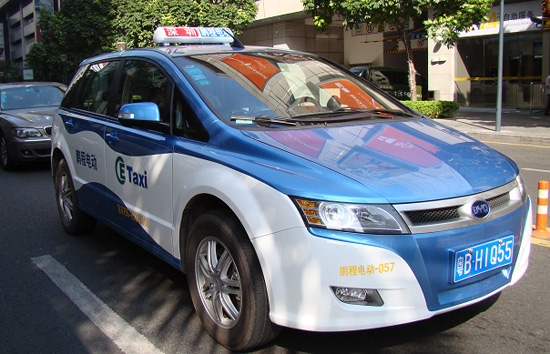
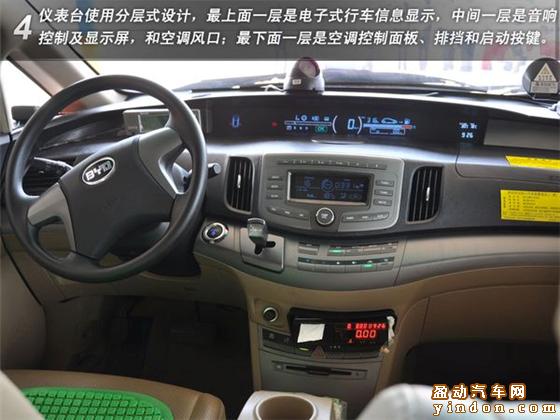
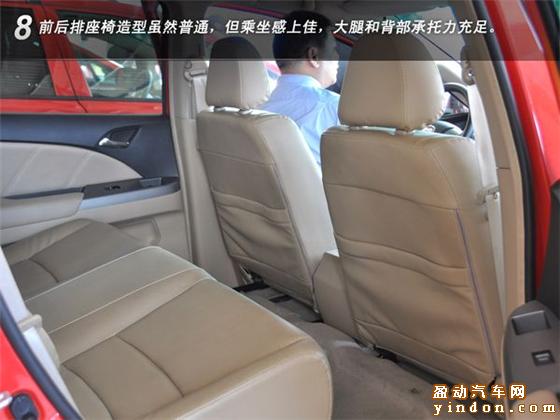
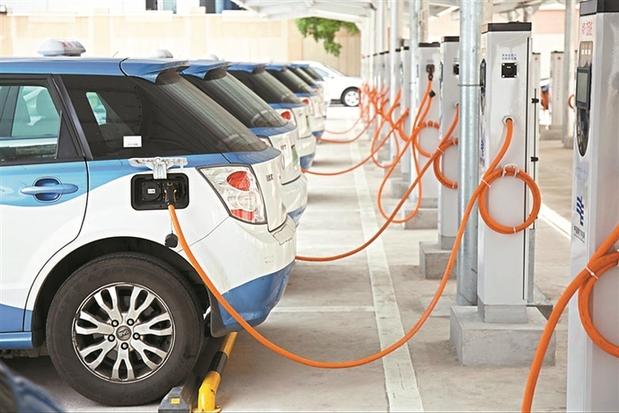
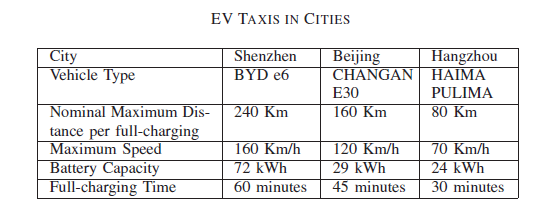
Saudi sheikhs are in for a lifestyle-change. It is reported that 56% of crude is used as passenger vehicular fuel. Europe is at advanced stages of use of EVs, Teslas are increasingly being seen in the US, Japan too must be somewhere along with em, we have reports from China too. This is going to significantly reduce demand and affect prices of Crude.
This fall in crude price could be a financial windfall for the Indian government. Folks are expecting crude to remain sub $40/barrel in the long run. So, GOI is likely to milk the rate difference till the treasury is at a good level, and only then chose to pass on the benefit to the people of India.
It is likely that Maruti continues to rule the roost, with ICEs, for some more time. In fact, with the plummeting crude prices its best days may still be ahead.
Good points .
I hope India decides on EV standard as soon as possible so that investment in charging facilities take off …
I see huge potential from e-bicycles , e two wheelers , e cars and e bus in India .
The first disruption we ll see is in city buses. Currently lot of new players are trying to enter in it. For cars we look at some disruption from year 2022-23 and for 2 wheelers before that.
Source: Working in the sector.
India is not good at complete overhauling of technology. It takes huge capital, which is fairly scarce in comparison to Western countries. The motivation to go through this task is further dulled by the fact that crude will get really cheap.
So, I believe till Indians are absolutely made to it, they won’t drive EVs.
India need not overhaul technology … US & China will do for us …
Just see data of Cars sales in China in 2018 while ICE cars post double digit decline , EV are growing at very fast pace …
India has taken over shared mobility as fast as developed nations … I see these shared mobility players driving up adoption of EVs just like the way it has happened in China … Then slowly consumers would join as they see network of electric charging coming over …
EV cars are easier to maintain becos on less number of parts and makes huge sense for CVs both - bus and cars …
I see 2023/24 to inflection point in India -
Tata and M&M have electric cars already have in their offering - Maruti should have one by 2020 … Hero has head start in e bicycle and ebikes … Bajaj says they can roll out electric mobike soon …
Now the only problem is there are two lobbies Japanese and ROW … who have two different charging infra - India is not commiting which standard they will use … I think this will settle post May 2019 elections…
The below article points out some pertinent issues we will face with respect to EVs becoming a reality in India. For a power deficient country it maybe a while before we see EV making massive in-roads.
I personally believe, the EV revolution will take root in our public transport to begin with, i.e. buses, rickshaws etc. This maybe followed by scooters (possibly easier to charge them at home, esp in towns and cities where people live in their own houses and not apartments / multi-storied buildings). PVs and CVs are at least a decade away, maybe even longer. Furthermore, I reckon, it will be a gradual shift. So, in effect if one were to look at the pie-chart of vehicles sold in India over a decade, it will look something like ~5-10% EVs and the rest being ICE.
Again, this is just me talking as a consumer. I own a CNG car and in the 6 years I have owned it, the CNG pumps in Mumbai have increased very slowly and it takes me at least 15-20 mins to get fuel filled in my car (and it tests my patience to say the least!). During peak hours, it may even take 30 mins (viz a viz the 5 odd mins it takes me to fill petrol).
For EVs, if the wait times are going to be long (a) due to limited charging points (b) due to batteries taking time to recharge, I just don’t believe people will easily switch over to EVs as time is money and the inconvenience is a big put off (it is to me with a CNG car, though the money saved on it being much cheaper makes up for it).
Please go through the links shared in the posts above. The author is making redundant assumptions with incomplete research.
The premise to why EVs is that EVs will become cheaper than cars to operate on a per km basis. They will also be more convenient to operate. Check out Tony Seba lecture clip.
Add that premise to Delhi RTO trends above and you can see his prophecy becoming a reality. Even without electric cars becoming cheaper. Add sub 10 lac electric cars which can do 10 lac kms without maintenance to the mix and things should change.
Well, I won’t be surprised if that is the case. I agree with you wholeheartedly that journalists tend to do incomplete or hasty research. This mostly boils down to their deadlines, just like everyone else 
Even keeping the article aside, just pure observation suggests the government is trying to bite more than it can chew with reference to EVs. It’s going to take one mighty effort to have a lot of EVs on road in the next decade. Hence, my belief that it will all happen gradually and over the next decade or so they will form a certain % of the overall pie of all new vehicles coming on road and ICE will still remain relevant (by a large margin).
But buddy, I ain’t no oracle and I can’t really see the future. Things may happen faster but these are just my assumptions based on how swiftly (using sarcasm) our wonderful country moves!
